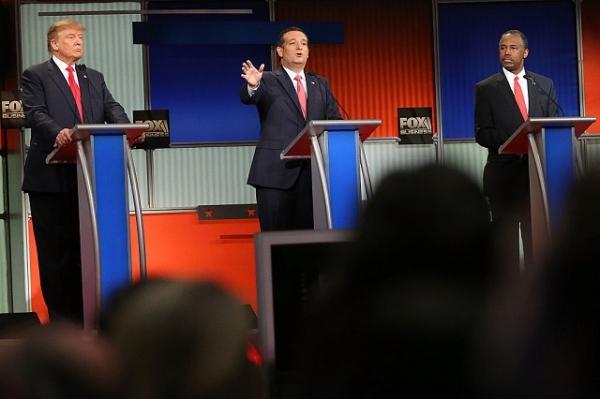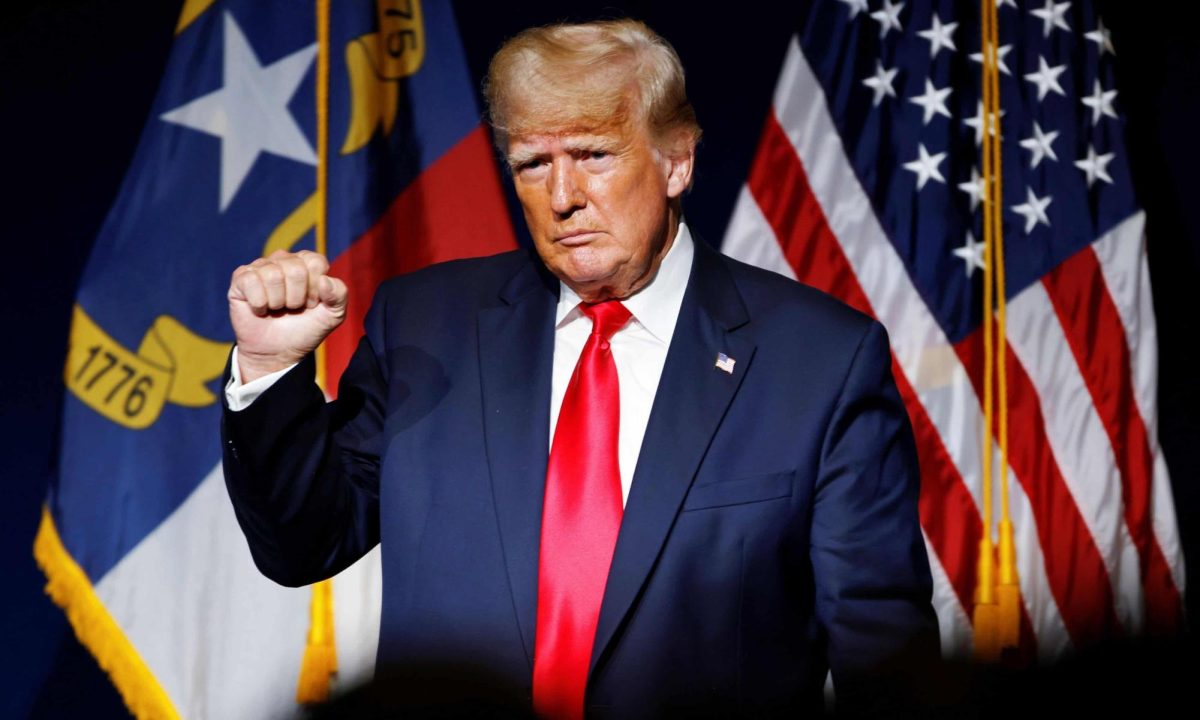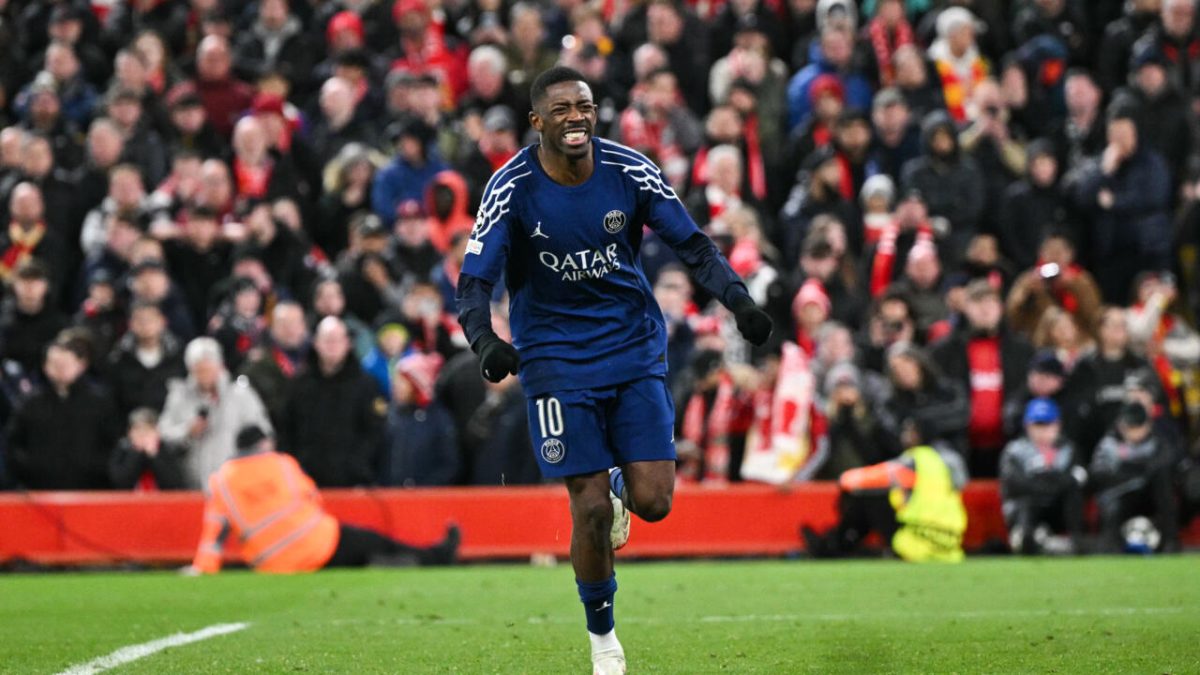The State of the Election Address: New Hampshire

February 11, 2016
The results are in, and after a cloud of doubt was conjured above Donald Trump following his underwhelming performance in Iowa, Trump has asserted himself as the Republican front-runner in not only polling but also in actual voting. With speculation about his margins finally alleviated, Trump has emerged as the decisively overpowering victor in the state of New Hampshire.
Donald Trump emerges from New Hampshire in a position of unparalleled strength. He has proven himself to be unlike his ideological predecessor Pat Buchanan insofar as he was able to crush the opposition in New Hampshire, unlike Buchanan, who failed despite juggernaut polling that Trump shared. Contrarily, Trump has begun to resemble Mitt Romney, who lost Iowa in 2012, but regained momentum with a strong win in NH. Unlike Buchanan, and the more recent Ron Paul (who also lost both Iowa and NH), Trump is not a factional candidate, and has immense support in two other regards: the muddled establishment field and the establishment’s indecision on policy towards Trump. Whereas Buchanan and Paul faced unified party opposition, the Republicans in power have stalled, preferring to fight Cruz before Trump and accepting a grim deterministic conclusion: that no matter what they do, Trump will be the nominee.
Additionally, a wide field of establishment candidates vying for the party endorsement and the support of a marginalized center-right electorate boosts Trump. The Republican party has failed to rally around a single candidate, rejecting Marco Rubio for reasons unknown and rejecting Bush for his polling and unfavorability, and Kasich due to electability. Exit polls in New Hampshire showed about half of voters felt betrayed by the GOP. Voters want someone outside the establishment, which puts Trump at the head of a powerful current in Rebuplican politics as the party struggles to define its identity, with the libertarian vision of Rand Paul crushed, the moderate reform movement as advocated by establishment candidates rejected by nearly half of voters within the party, and anti-establishment populism and anger roar in the form of support for Donald Trump.





